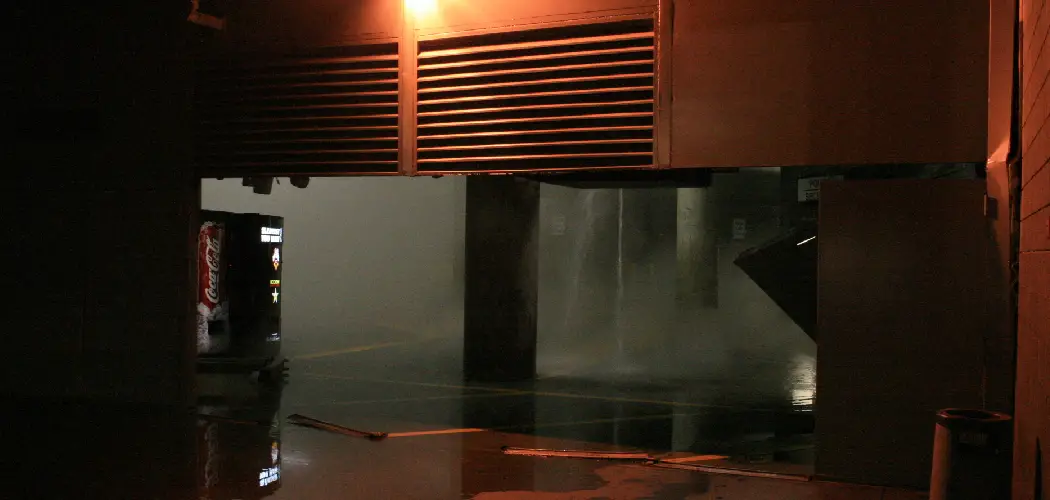No one wants to find a leak in their basement, but it’s important to act fast if you do. A small leak can quickly become a big problem, causing serious damage to your home and putting your family at risk.
The good news is that there are some simple steps you can take to find a basement leak. By following these tips, you can understand how to find a basement leak and fix it.
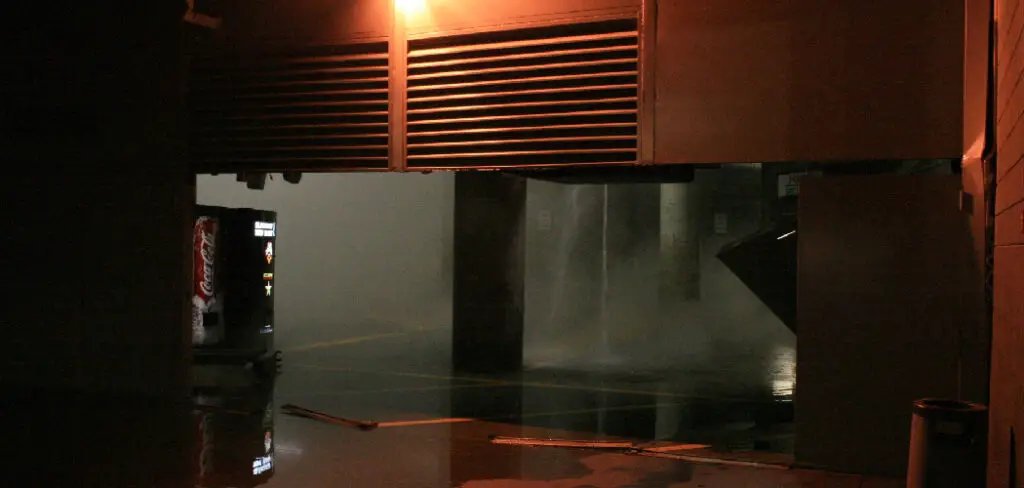
Step by Step Processes for How to Find a Basement Leak
Step 1: Finding the Source of the Leak
The first step to finding a basement leak is identifying where the water is coming from. This can be difficult, as leaks can often occur in hidden or hard-to-reach places. The best way to find the source of the leak is to inspect the entire perimeter of your basement, both inside and out.
Step 2: Inspecting the Interior of Your Basement
Once you have a general idea of where the leak might be coming from, it’s time to take a closer look. Start by inspecting the interior of your basement for any signs of water damage, such as stains on the walls or floor, mold, or mildew. Water is likely coming in from somewhere if you see any of these.
Next, take a look at the exterior of your home, paying close attention to the foundation. Look for cracks or gaps in the foundation that could allow water to seep in. Also, check to see if there is any water pooling around the base of your home.
Step 3: Checking for Leaks in the Plumbing
If you have a finished basement, chances are some pipes are running through it. These pipes can sometimes leak, causing water damage in the basement. To check for leaks in the plumbing, look for any signs of water on the pipes, or listen for a dripping sound.
Another common source of basement leaks is the roof. Water can drip down through the walls and into the basement if there are any leaks in the roof. To check for leaks in the roof, look for any signs of water damage on the ceiling, or listen for a dripping sound.
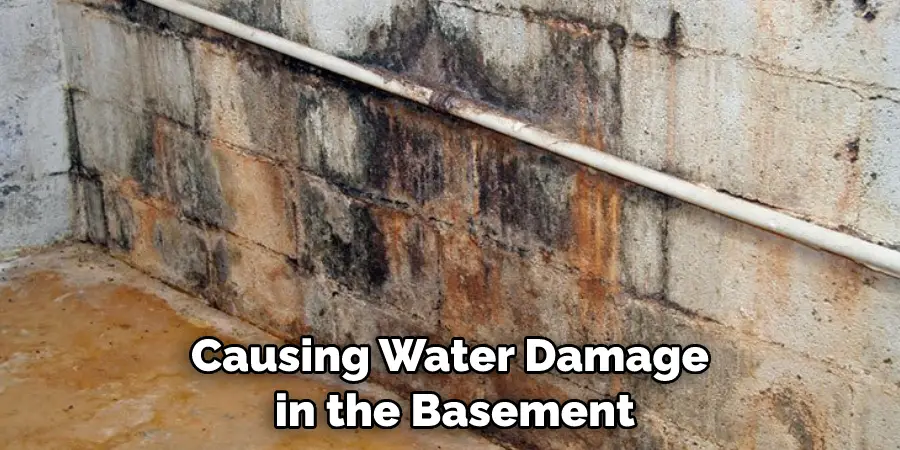
Step 4: Checking for Leaks Around Windows and Doors
Another common source of leaks is around windows and doors. If there are any cracks or gaps around these openings, water can seep in and cause damage. To check for leaks around these areas, look for any signs of water damage on the surrounding walls, or feel for drafts.
If your home has gutters, it’s important to check them regularly for leaks. Water that leaks from the gutters can often find its way into the basement, causing damage.
Step 5: Checking for Leaks in the Basement Floor
If you have a concrete basement floor, water can seep up through the cracks and cause damage. To check for leaks in the floor, look for any signs of water on the surface, or feel for dampness.
Water can also leak through the walls of your basement, causing damage. To check for leaks in the walls, look for any signs of water damage on the surface, or feel for dampness. If your basement has a ceiling, water can leak down from the upstairs and cause damage. To check for leaks in the ceiling, look for any signs of water on the surface, or listen for a dripping sound.
Step 6: Identifying the Source of the Leak
Once you’ve checked all of the possible sources of leaks, it’s time to identify the source of the leak. This can be difficult, as there may be more than one leak source. The best way to find the source of the leak is to inspect the entire perimeter of your basement, both inside and out.
In some cases, the source of the leak may not be obvious. If this is the case, checking for other water sources in your basement is important. These can include leaks in the plumbing, leaks in the roof, or leaks around windows and doors.
Step 7: Repairing the Leak
Once you’ve found the source of the leak, it’s time to repair it. This will usually involve patching up cracks or gaps in the foundation, repairing leaks in the roof or gutters, or fixing leaks around windows and doors. If the leak comes from a plumbing pipe, you may need to hire a professional to repair it.
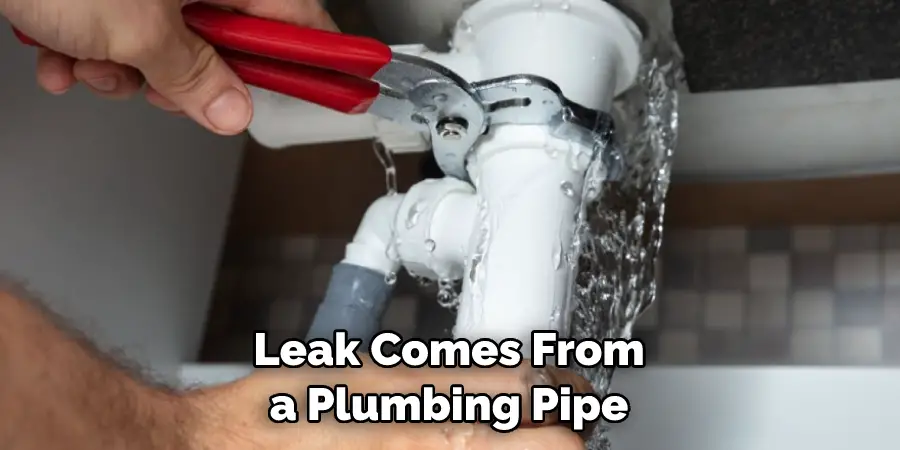
Safety Tips for How to Find a Basement Leak
- If you suspect a leak, the first step is to check for any visible signs of water damage. This can include wet spots on the floor or walls, peeling paint or wallpaper, mold growth, or musty odors.
- Once you’ve identified where the leak may be coming from, it’s important to turn off any water sources that could be causing the leak. This includes the main water supply to your home and any appliances or fixtures that use water.
- Next, you’ll want to assess the damage caused by the leak. This can help you determine how big the leak is and what kind of repairs will be necessary.
- Once you’ve determined the extent of the damage, you can start to work on repairing the leak. This may involve patching up cracks in walls or floors, sealing leaks around pipes, or replacing damaged fixtures.
- It’s also important to take steps to prevent future leaks from happening. This can include fixing any underlying problems that caused the leak, such as foundation cracks or plumbing leaks. You may also want to install a sump pump or other waterproofing measures to help protect your basement from future water damage.
How Do You Know if You Have a Basement Leak?
There are a few telltale signs that you might have a basement leak. If you see any of the following, it’s time to take action:
- Water seeping through cracks in your foundation
- Pooling water around your home’s exterior
- Dampness or mustiness in your basement
- Mold or mildew growth
- Peeling paint or wallpaper
- Warped wood
In the meantime, try to avoid using any water in your basement, as this can exacerbate the leak and cause further damage.
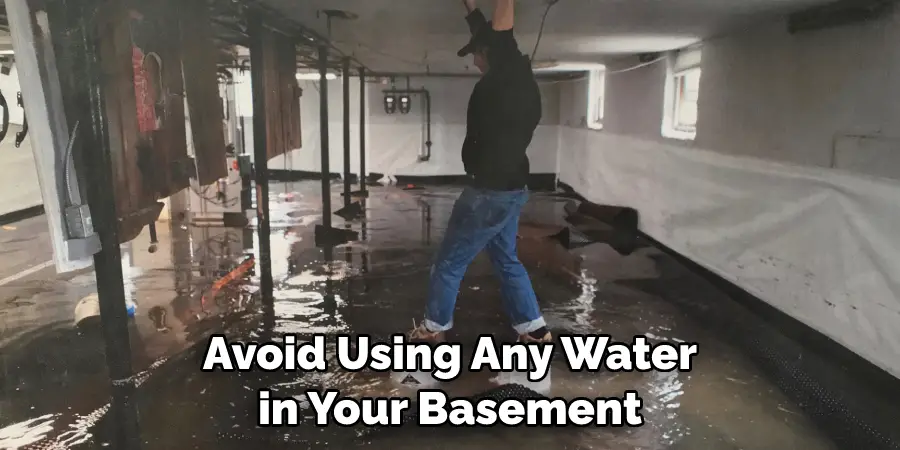
What Are Some Common Causes of Basement Leaks?
There are a few common reasons that your basement may start to leak. One of the most common is due to cracks in the foundation. As your house settles, these cracks can begin to form and allow water to seep in. Another common cause of leaks is poor drainage around your home.
If the ground around your home is not properly graded, water can pool next to the foundation and seep in through cracks or other openings. Additionally, gutters that are not installed properly or are clogged can cause rainwater to back up against your foundation and leak into your basement.
If you suspect that your basement is leaking, it is important to have it checked out as soon as possible. Leaks can cause serious damage to your home and can lead to mold growth. If you have a leak in your basement, contact a professional to have it repaired.
Is It Necessary to Call Any Professional to Find a Basement Leak?
If you think your basement is leaking, the first step is to locate the leak’s source. This can often be done without having to call in a professional. However, if you are unsure of where the leak is coming from or how to fix it, it is always best to contact a professional for help.
How Much Will a Professional Charge to Find a Basement Leak?
Finding a basement leak can be tricky and daunting, especially if you’re unsure where to start. Hiring a professional to help locate the leak and repair it can be costly, but it may be worth the investment to ensure the job is done correctly.
How much a professional will charge to find a basement leak depends on the severity of the leak, the size of the area affected, and the access to the leak. Expect to pay anywhere from $250 to $1,500 for professional services to locate and repair a basement leak.
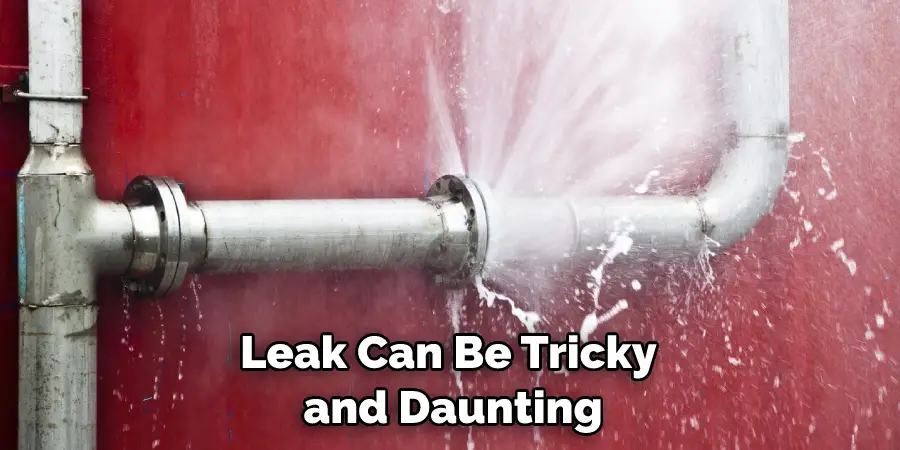
Conclusion
If your basement is leaking, it’s important to find the source of the leak and repair it as soon as possible. Otherwise, you could end up with serious damage to your home. Fortunately, you can take a few simple steps to find a basement leak. First, check for any cracks or gaps in your foundation. These are common spots for water to seep in. Next, inspect your gutters and downspouts to ensure they’re debris-free.
Clogged gutters can cause rainwater to back up and leak into your basement. Finally, keep an eye out for any signs of water damage, such as stains on walls or floors. If you suspect you have a leak, don’t hesitate to call a professional for help. With some quick detective work, you can soon have your basement leak repaired and prevent further damage to your home. I hope this article has been beneficial in learning how to find a basement leak.

